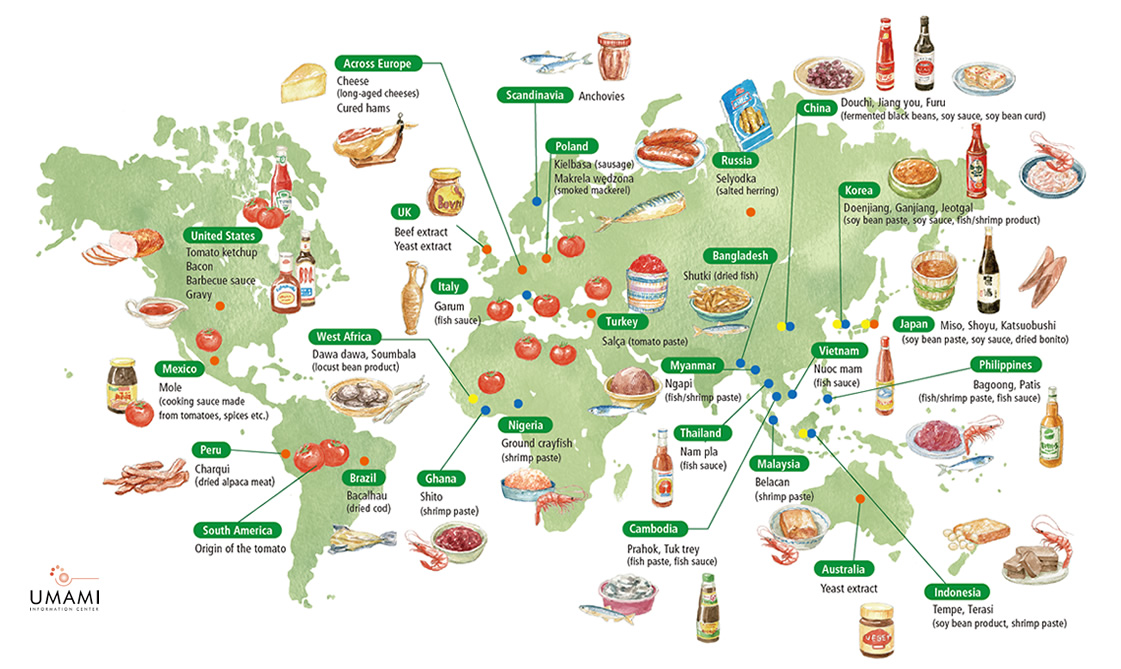Community in the Kitchen (Nick Ramirez)
 Humans are social creatures so the various social phenomenons that form are awe inspiring to see. Religion in the Kitchen illustrates the religious community stemming from the kitchen and cooking in the Lacumί. The author, Elizabeth Peréz, shadowed a woman heavily involved in the religious community as she cooked various dishes. The instances that stood out to me were how the kitchen strictly adhered to various micropractices. Dishes needed to be prepared a unique way if they were offered to the Gods and many of these dishes were unique to the Lacumί. All over the world, different cultures have different and unique dishes that help mold one's identity and cultivate a community. Hearing JBK mention the nuances with food and eating within the Jewish tradition reminds me of how the various aspects surrounding food transverses beyond just eating. The importance of the kitchen as a cultural archive is emphasized and should be because the daily experience of cooking and eating food should have the potential to reflect one's culture. Any ethnographer, traveler, or scholar of religion can attest that food is a strong outlet of expression: "...travel to Africa, the Caribbean, and Brazil, practitioners [can] see different styles of worship and institutional organization unfold in real time," (64). I love that cultures have perfected certain dishes and incorporate food in their own way. The various ways of preparing food can be lost to one culture while another uses it all the time.
Humans are social creatures so the various social phenomenons that form are awe inspiring to see. Religion in the Kitchen illustrates the religious community stemming from the kitchen and cooking in the Lacumί. The author, Elizabeth Peréz, shadowed a woman heavily involved in the religious community as she cooked various dishes. The instances that stood out to me were how the kitchen strictly adhered to various micropractices. Dishes needed to be prepared a unique way if they were offered to the Gods and many of these dishes were unique to the Lacumί. All over the world, different cultures have different and unique dishes that help mold one's identity and cultivate a community. Hearing JBK mention the nuances with food and eating within the Jewish tradition reminds me of how the various aspects surrounding food transverses beyond just eating. The importance of the kitchen as a cultural archive is emphasized and should be because the daily experience of cooking and eating food should have the potential to reflect one's culture. Any ethnographer, traveler, or scholar of religion can attest that food is a strong outlet of expression: "...travel to Africa, the Caribbean, and Brazil, practitioners [can] see different styles of worship and institutional organization unfold in real time," (64). I love that cultures have perfected certain dishes and incorporate food in their own way. The various ways of preparing food can be lost to one culture while another uses it all the time. "History has cooked us all," (199).
 Elizabeth Peréz was not allowed to record instructions for cooking the various dishes she learned to make. Lacumί cooking, like the majority of cooking, is based on doing in order to learn. Reading this statement was so funny to me because my parents gave me vague instructions for what I am doing as I am learning to make a dish. Learning to cook by doing it with another experienced cook is a very community friendly behavior that urges social adhesion. My friend is Bangledeshi and he does not know many authentic dishes because his mom will not let him shadow her because she doesn't want to explain what she is doing. Another friend of mine told me that her mother hardly explains how to cook; she said that her mom would explain dishes by adding "a little bit of this and a little bit of that" all the time.
Elizabeth Peréz was not allowed to record instructions for cooking the various dishes she learned to make. Lacumί cooking, like the majority of cooking, is based on doing in order to learn. Reading this statement was so funny to me because my parents gave me vague instructions for what I am doing as I am learning to make a dish. Learning to cook by doing it with another experienced cook is a very community friendly behavior that urges social adhesion. My friend is Bangledeshi and he does not know many authentic dishes because his mom will not let him shadow her because she doesn't want to explain what she is doing. Another friend of mine told me that her mother hardly explains how to cook; she said that her mom would explain dishes by adding "a little bit of this and a little bit of that" all the time.
This phenomenon of family members being reluctant to share their recipes with others is not uncommon. My wife tells me stories of trying to get her grandmother's recipe for apple pie , who always seemed to duck her requests. Her grandfather even commented, " I don't think you really want to give it to her..." She was a a little embarrassed, and let Maia watch her make it, and she guessed measurements and wrote them down. And eventually Maia taught me, so now I often make "Bobe's apple pie." But why do you think some family cooks are over-protective of their recipes? Because the flip side is that you often have family cooks (and their children and grandchildren) who want to make sure their family ethnic cooking traditions are passed on.
ReplyDelete